Pather Panchali (1955)
“Who’s to say who’s good and who’s not? People are always cheating you.”
|
Synopsis: |
|
Genres, Themes, Actors, and Directors:
Response to Peary’s Review: … instead “letting his wife do all the worrying about town gossip, about Auntie’s bad influence on her daughter (who steals fruit for her, and is accused of snatching a necklace), about the kids not having enough to eat (they get less because Auntie must eat), about the house being in disrepair, and most of all, about their poverty.” Peary notes that Karuna Bannerjee (who only made 12 films over her career through the mid-’70s) “is a remarkable actress — with a slight turn of the head, a worried look inward with her beautiful eyes, an almost imperceptible intake of air, she conveys immense anguish.” Meanwhile, as Peary points out, while “the characters are distinctly Indian,” the “picture begins as if it were stressing universal qualities that the two children possess: they lick their lips as the candy man passes by, the attend festivals, they run through the fields and woods:” … “they get excited when they see trains (Ray’s favorite fate symbol), [and] they fight when Apu gets into [his] big sister’s stuff.” Peary describes the movie as “beautiful” and “unpretentiously sensitive,” with “humor” but “extremely sad,” noting that while “the characters in the film (including neighbors) love each other” this “doesn’t stop them from hurting each other repeatedly” — but “what is so special are those rare moments when they reveal their love.” This groundbreaking film — directly inspired by The Bicycle Thief (1948), and featuring a haunting score by Ravi Shankar — is both gorgeous and devastating; viewers should be forewarned that it’s an emotionally wrenching, albeit essential, cinematic experience. Notable Performances, Qualities, and Moments:
Must See? Categories
(Listed in 1001 Movies You Must See Before You Die) Links: |
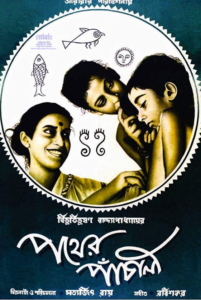
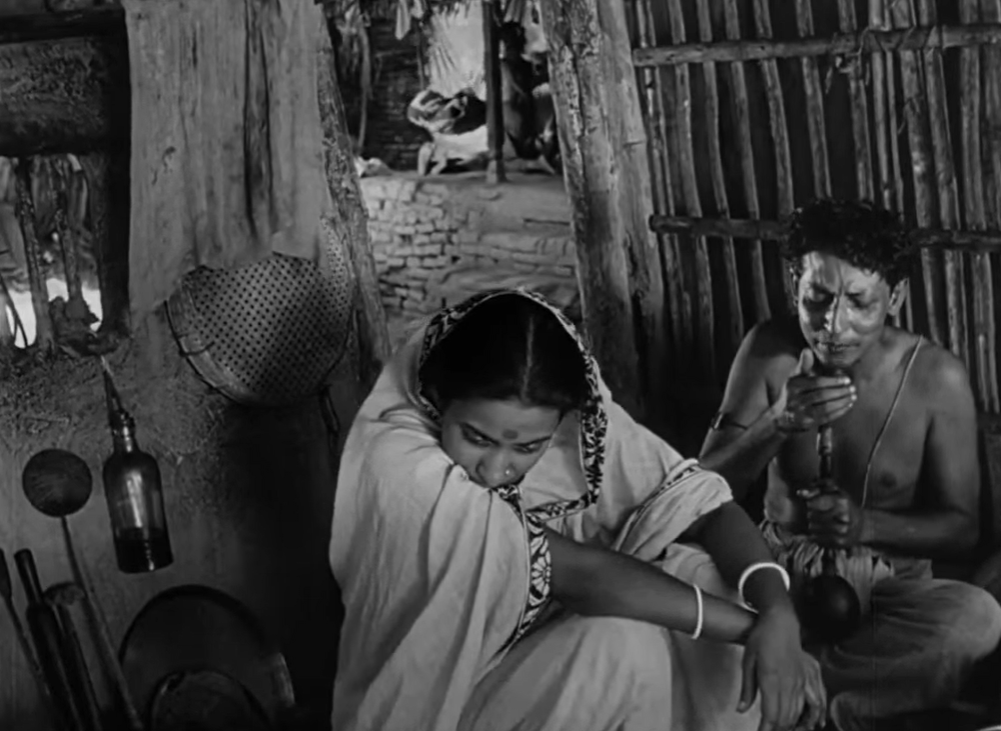
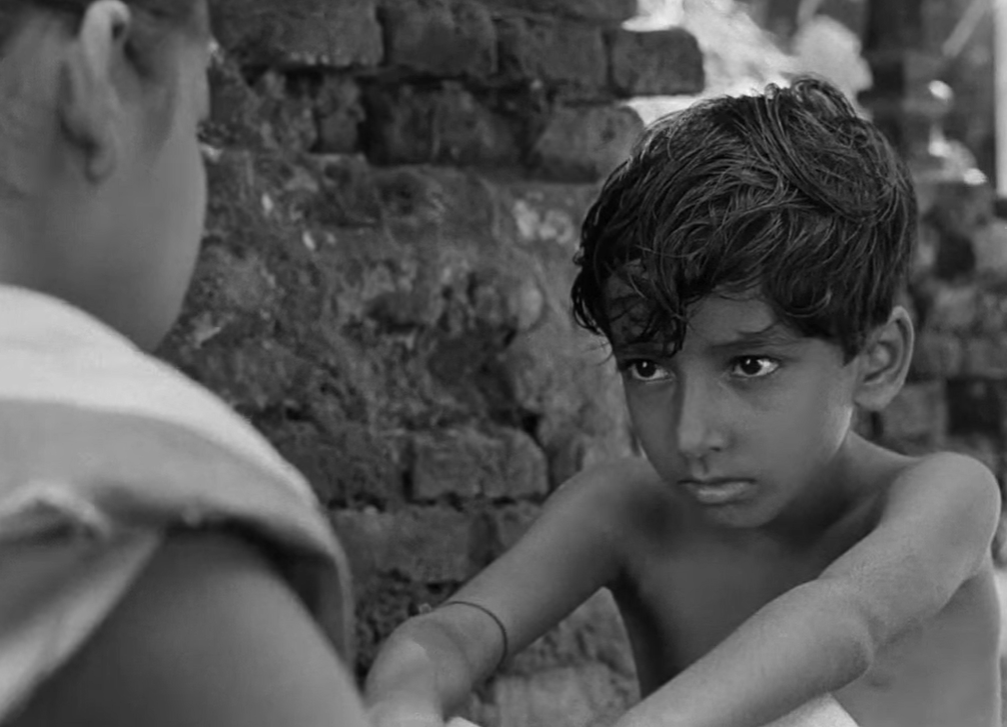
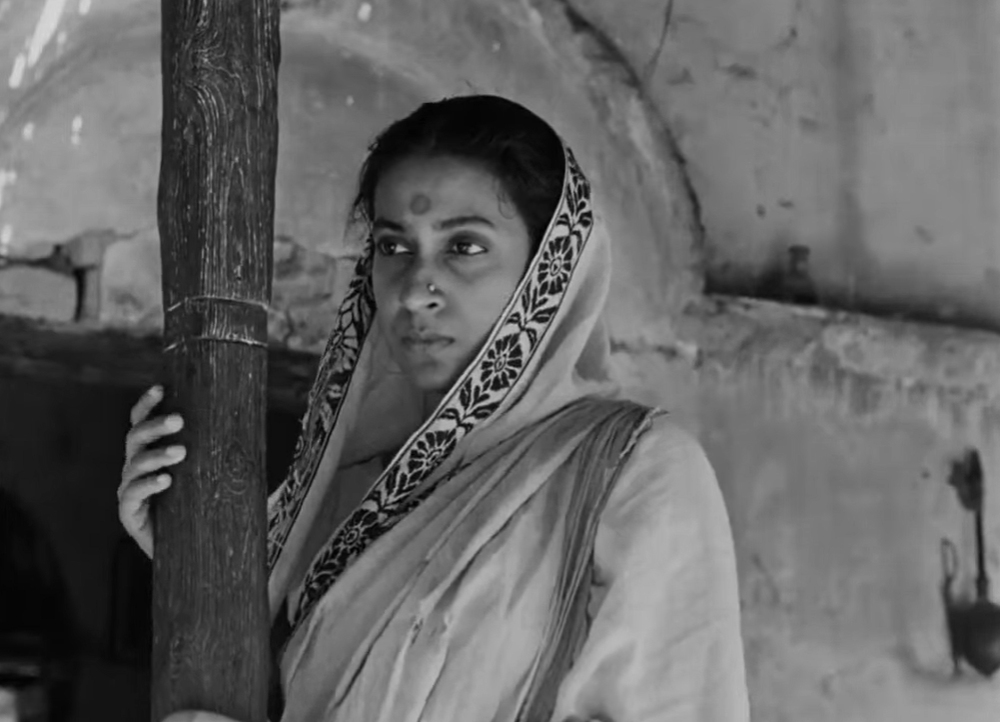
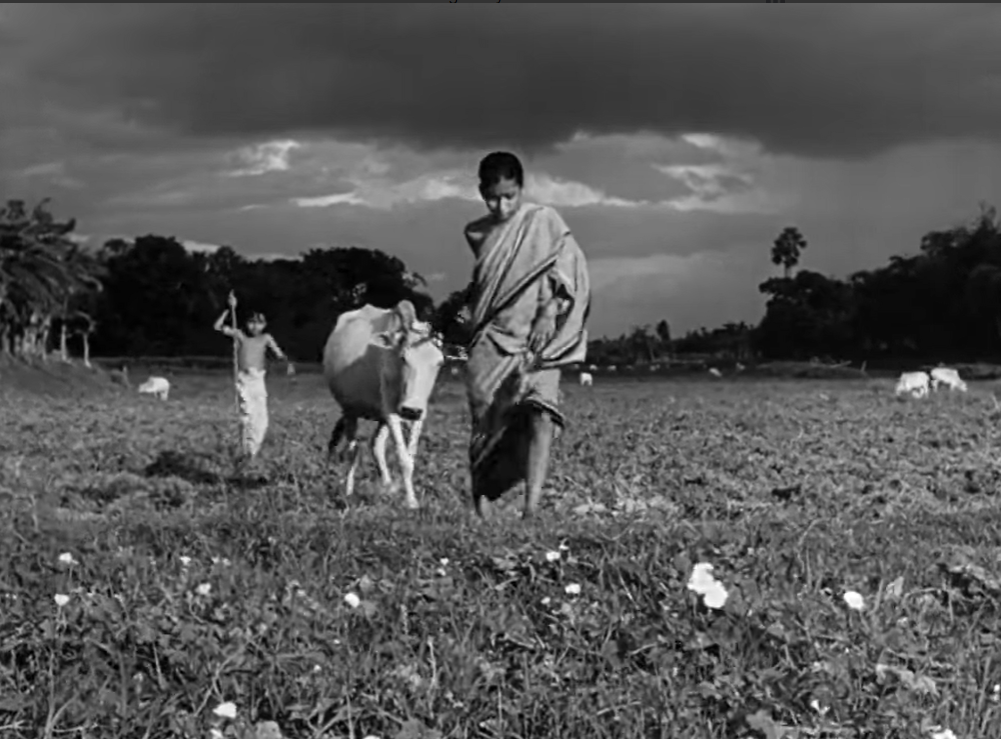
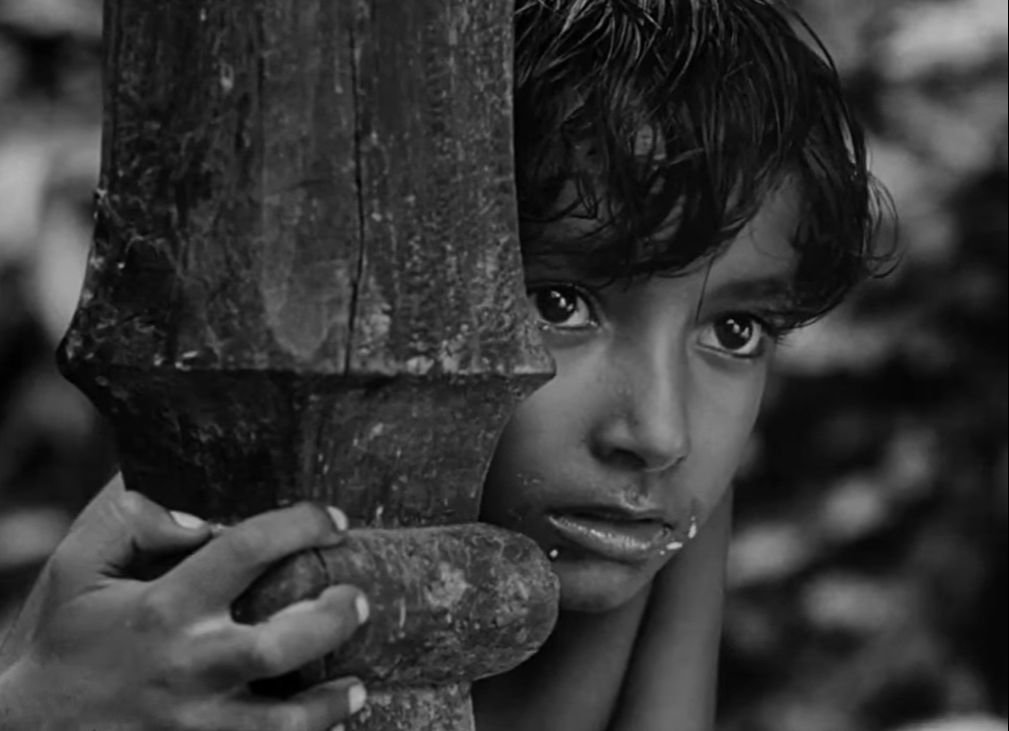
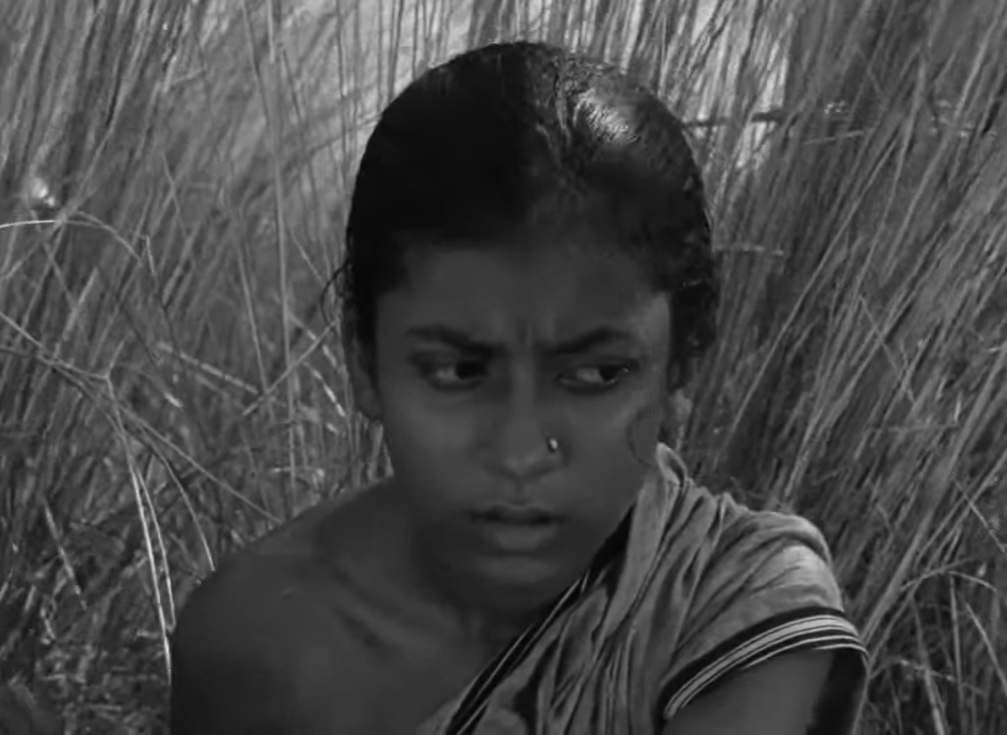
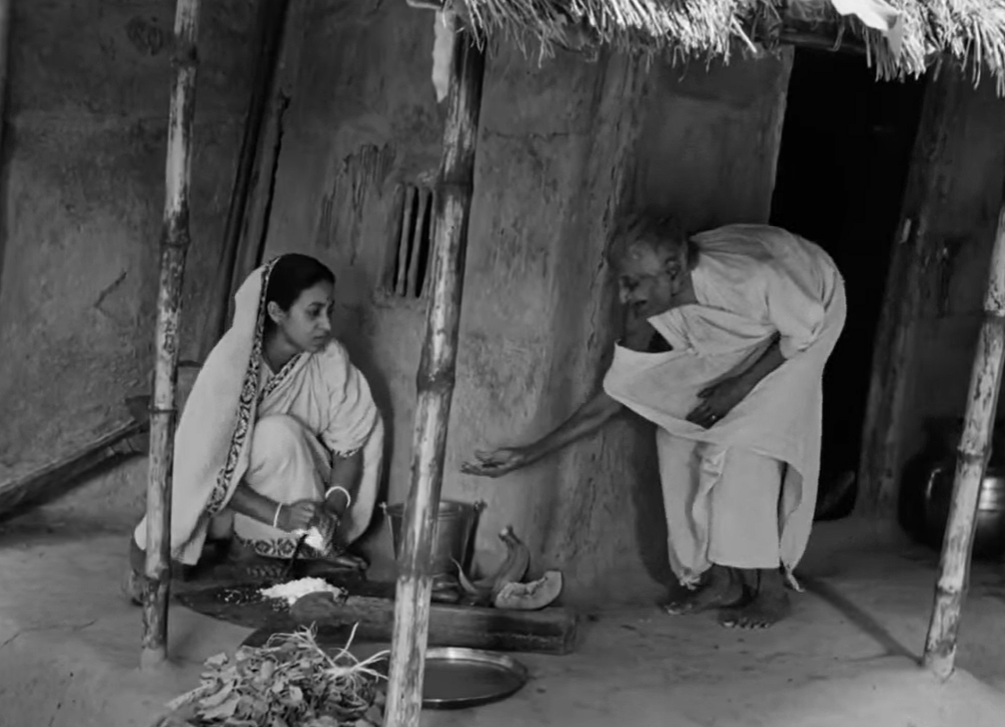

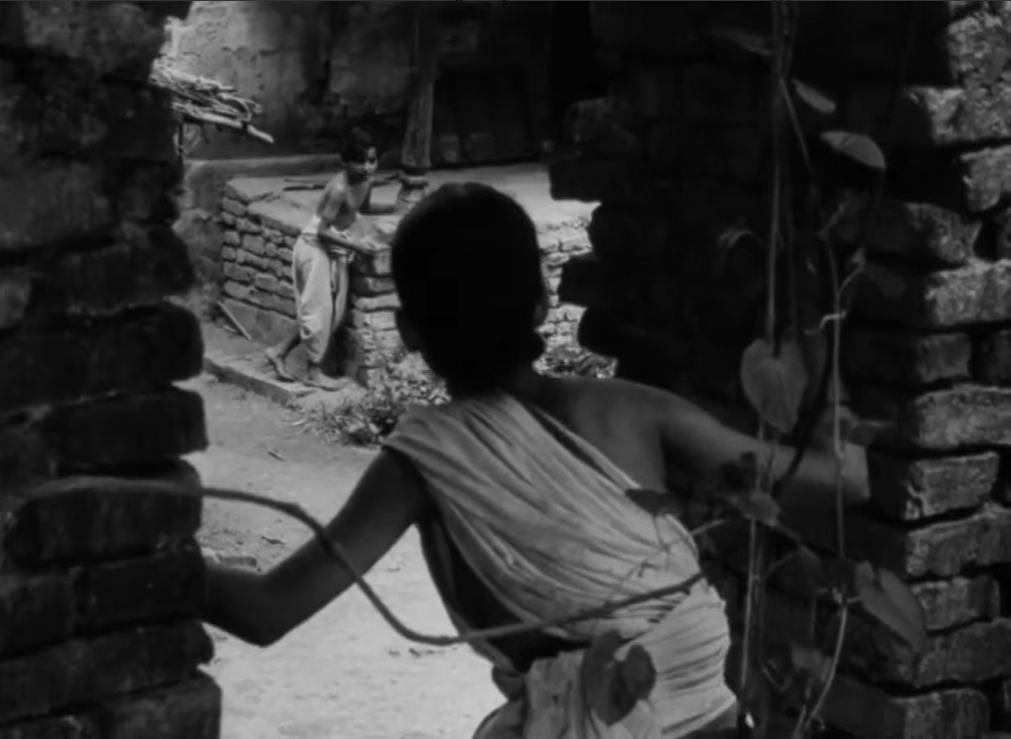

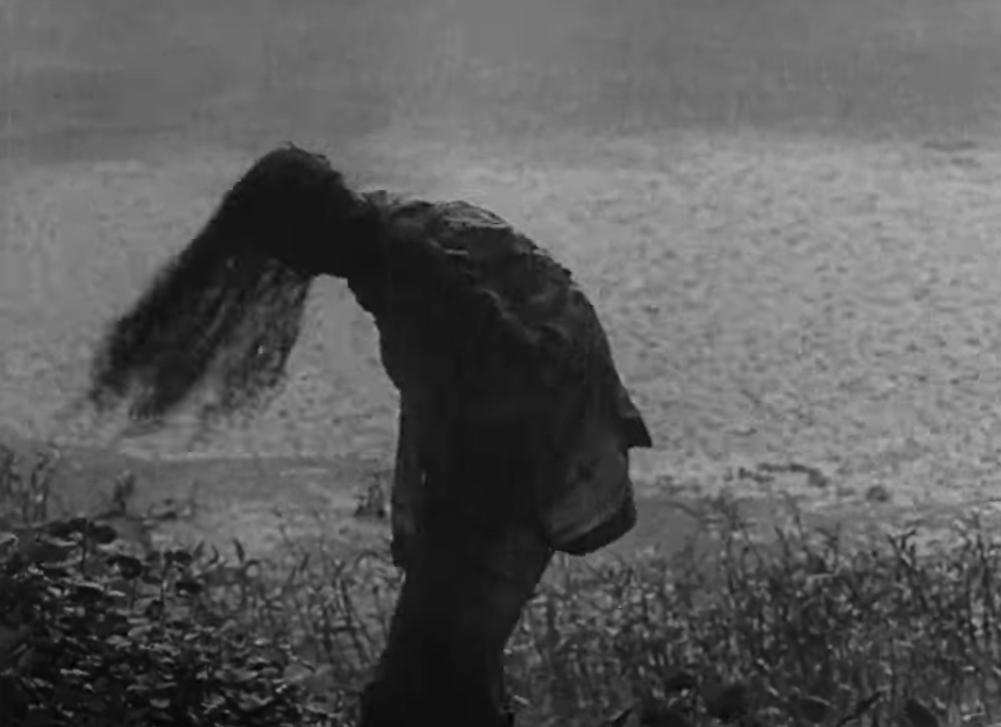
One thought on “Pather Panchali (1955)”
(Rewatch 1/1/22.)
A once-must, at least – not primarily because (as Wikipedia tells us) it “was the first film made in independent India to receive major critical attention internationally, placing India on the world cinema map”, but because it’s an intriguing work altogether.
It was Ray’s directorial debut and, as Wikipedia also tells us: “Production was interrupted because of funding problems and it took nearly three years for the film to be completed. The film was shot mainly on location, had a limited budget, featured mostly amateur actors, and was made by an inexperienced crew.” All of that is all the more impressive when the viewer realizes how accomplished the film is.
I saw ‘The Apu Trilogy’ when I was a teenager and have not seen it over the years. Seeing this first installment again, it seems to remain as strong. It does have its own particular rhythm, not a whole lot happens, and you have to give over to its episodic nature. But it’s a rare look into the culture, it’s certainly a well-observed portrait of the period and its people – and the last half-hour is the strongest section.
As well, Ravi Shankar’s evocative score is a plus-factor.